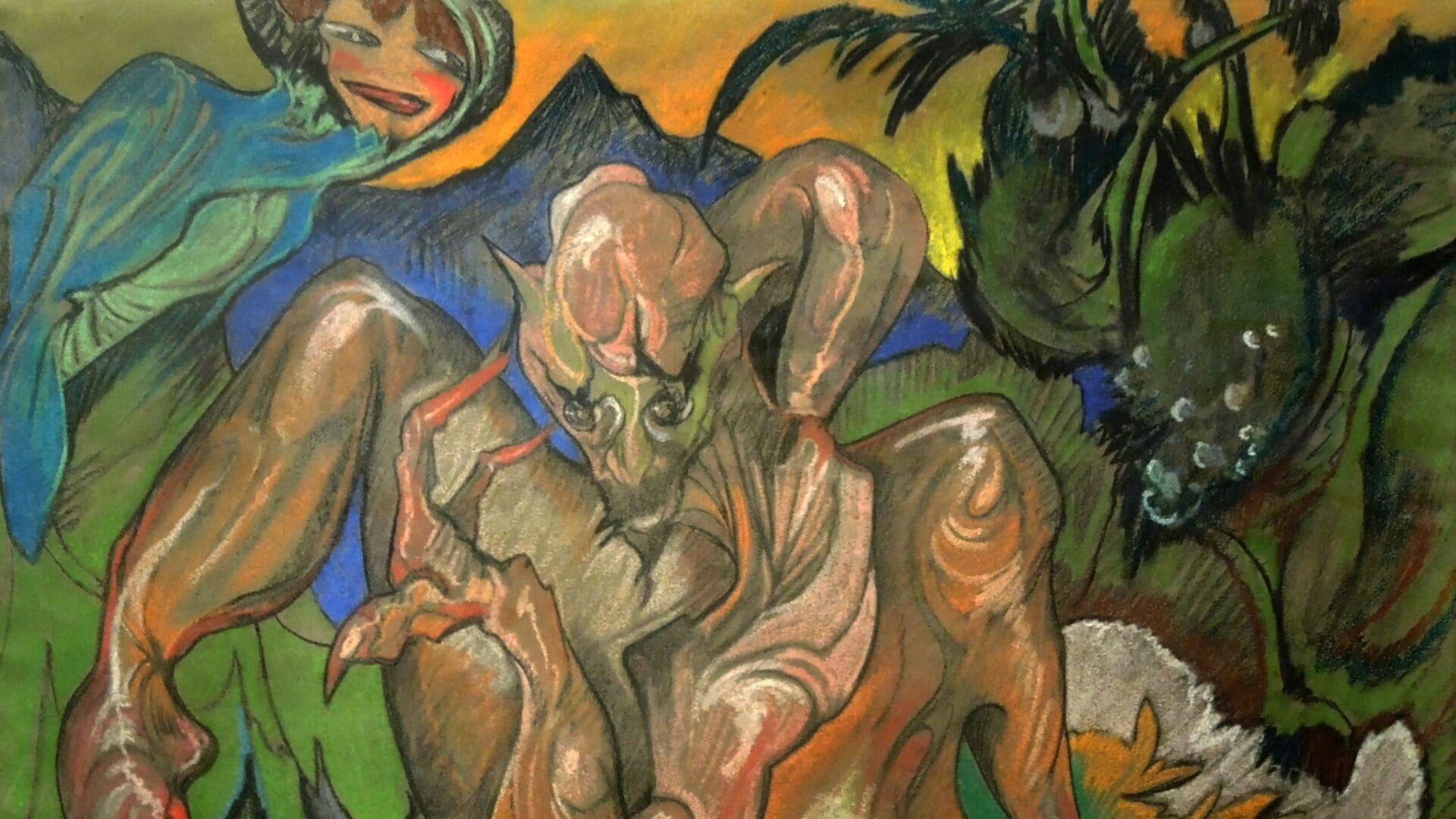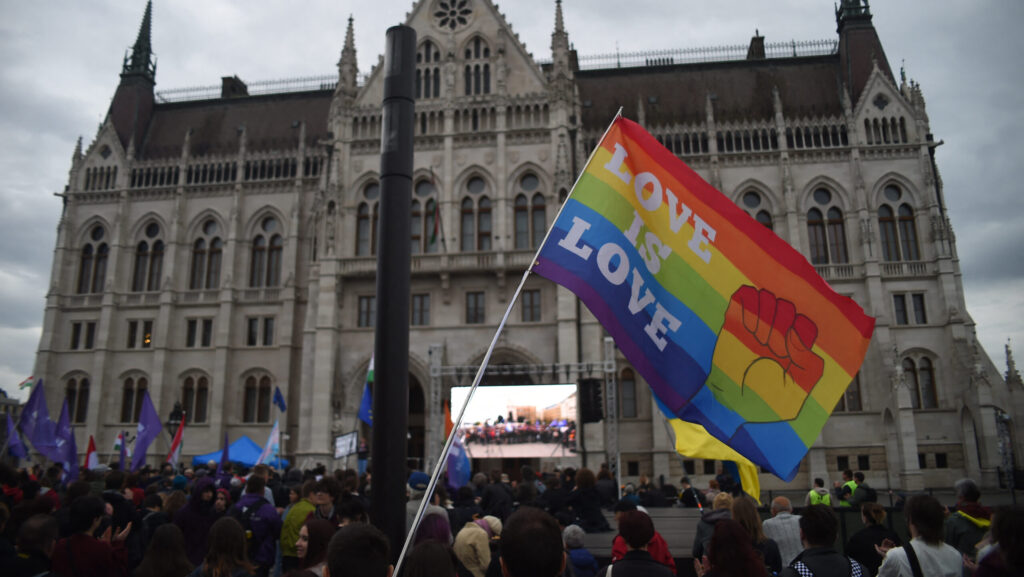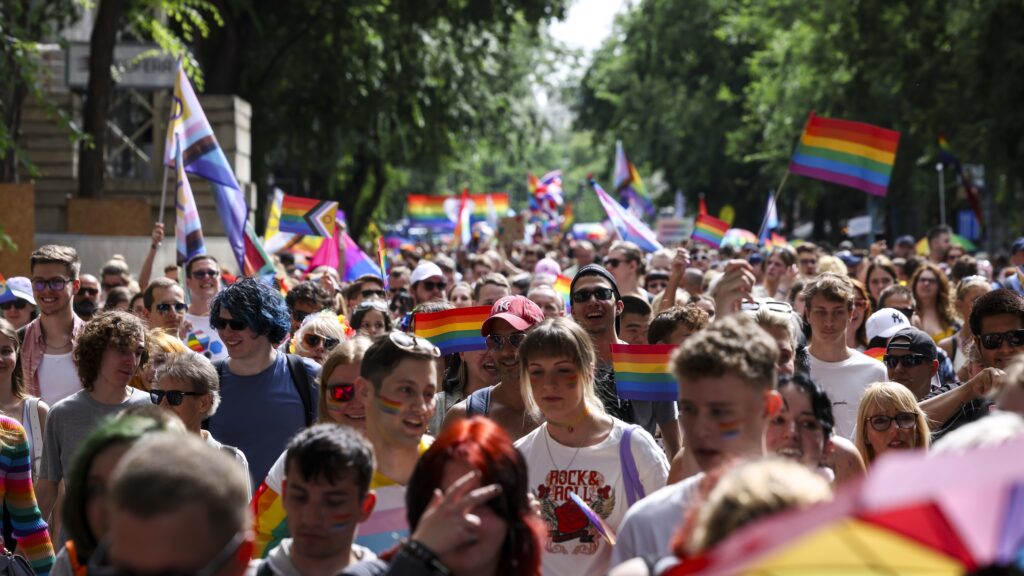Koppány Zsombor Nádor in his piece ‘The Idea of a Christian Society’ stated that ‘[t]oday, we are faced with the fact that in our pluralistic societies, it seems to pose an insurmountable challenge to agree on a generally accepted moral standard, with values that provide common foundations’. In like manner, Rod Dreher, in his article ‘Do You Want a Christian Hungary? Then Act Like It’, pointed out that the ‘laws, policies, and practices’, such as those to uphold the family in Hungary, ‘will not long remain if the Hungarian people are unfaithful to their baptism[al’ promises, that of living as Jesus Christ taught us how to live.
Christian doctrine as taught by the Church of Rome had historically provided society with a point of reference for moral guidance, which subsequently ‘ensure[d] that politics remain[ed] rational and d[id] not fall into the trap of ideologies’. Yet since the Second Vatican Council (1962–1965), the institutional Church, or some who speak for Her, have steadily dismantled the remnants of Christendom with ambiguous, if not erroneous teachings.
Today, in its acute focus on societal disorder vis-à-vis violation of human rights, poverty, wars, and the like, it is as if the Church’s mission is no longer that of the salus animarum (‘salvation of souls’), i.e., to draw others to Christ. Instead, it seeks to furnish a man-made social harmony, one that resonates what Hugo Grotius (1583–1645) spoke of, that of finding a natural solution to social disorder without God. What in essence has occurred was stated by Pope Paul VI in 1972: ‘The smoke of Satan has entered the Church of God.’
If we look at some of the Conciliar statements, such as those from the Pastoral Constitution of the Church in the World, Gaudium et spes (1965), in addressing the violation of human rights in the world, there is a call for man to view his fellow man as a brother created in the image and likeness of God. Why? Because Jesus Christ ‘fully reveals man to man himself’.
In paragraph 36 of Gaudium et spes, for example, when speaking of those who criticize a ‘closer bond between human activity and religion’, the document stresses ‘an autonomy of [such] earthly affairs, [that of] laws and values…regulated by men…[does] not merely required by modern man, but harmonizes also with the will of the Creator.’
In truth, notwithstanding whatever intentions the Conciliar fathers may have had to promote human dignity, such terminology is not just equivocal, it
indirectly dismisses the gravity of the sin for which the sinner needs to convert with God’s grace.
The French Jesuit priest Fr French Jesuit Yves de Montcheuil—who was murdered by the National Socialists in 1944 for defending his French co-nationals against aggression—had forewarned of the dangers of such secular humanist ideology:
‘Jesus does not speak of the evils in the social order as springing from a social disorder that could be overcome by means proper to that social order. He refers them to the idea of sin, that is, to an interior evil, an offence against God. The prophet Amos, when he roared out against the abuses of his time, was not protesting in the name of human dignity, which was being violated, but in the name of the sanctity of God which sin outraged. Human dignity and human justice, separated from God, end by being corrupt.’[1]
The document Gaudium et Spes rests on the belief that as individuals created by God, man becomes the ‘master of all earthly creatures’, which is what gives him dignity and authority. In the ‘spirit of the Council’, a euphoria was promoted under the pretext that every man could ultimately live in harmony with his fellow man—a utopia—which is quite the contrary of what St Augustine spoke of in his City of God, that of reflecting the city of God on earth, not building it. What came of this, and which is ever salient today, is a rationalisation for associating, if not encouraging, the Christian faith to the culture of modernity. To this, then Cardinal Joseph Ratzinger, just before he was elected to the Throne of St Peter, said:
‘[A] Christianity and a theology that reduce the core of Jesus[’s] message, the ‘kingdom of God’ to the ‘values of the kingdom’ while identifying these values with the main watchwords of political moralism, and proclaiming them, at the same time, to be the synthesis of all religions — all the while forgetting about God, despite the fact that it is precisely he who is the subject and the cause of the kingdom of God, does not open the way to regeneration, it actually blocks it.’
This has been materialized, to name just one example, into interreligious dialogue with Judaism and Islam, where instead of seeking to draw Jews and Muslims the fulness of who God is—Father, Son, and Holy Ghost—the underlying theme has been seeking shared values. Not that this is bad in itself, but this is more of the role of politics than that of the Church. What then becomes of our Saviour’s last orders to His Apostles before He returned to the Father?
‘Go, therefore, and make disciples of all nations, baptising them in the name of the Father, and of the Son, and of the Holy Spirit, teaching them to observe all that I have commanded you; and behold, I am with you all days, even unto the consummation of the world.’ (Matthew 28, 19-20)
The conversion of the Jews and Muslims, more so than atheists, is perhaps the most controversial area of Christian evangelization today, so much that, as indicated, Catholic churchmen, the hierarchy in particular, have altogether but resigned from any formal effort to convert them.
It is as if they are afraid to preach Jesus Christ.
Issues, like climate change—formerly known as global warming—now tend to be the epic centre within the Church, not, for example, Christian persecution in China, the Holy Land, or in Islamic countries where sharia law prevails. What is even worse is, under the ‘spirit of the Council’, a false sense of religious liberty has been embedded among Catholic clergymen with the prerogative to ensure other religions have equal footing with Catholicism—in my home Archdiocese of Florence numerous parish priests are raising money to build a mosque, making Christianity and Islam relative with one another.
Pope Benedict XVI spoke of the ‘dictatorship of relativism which does not recognise anything as definitive and whose ultimate goal consists solely’ of satisfying ‘the desires of one’s own ego.’ With documents such as Fiducia supplicans, which calls for the blessings of same-sex couples and the jumping on the bandwagon of LGTBQ+ agenda on the part of churchmen, we now have a divided church. Indeed, ‘[t]he Church is no longer trusted’, said Paul VI. ‘We trust the first pagan prophet we see who speaks to us in some newspaper, and we run behind him and ask him if he has the formula for true life.’ Therefore, we should not be surprised to what Nádor rightly pointed out on the ‘insurmountable challenge to agree on a generally accepted moral standard’ in our pluralistic society, or Dreher’s appeal that we must ‘live as Jesus Christ taught us how to live’. Yet it must begin with the Catholic hierarchy, for without strong shepherds providing the example we will remain dispersed sheep.
[1] Henri de Lubac, A Brief Catechesis on Nature and Grace. San Francisco, Ignatius Press, 1984, 164. De Luba cites Yves de Montcheuil, La Royaume et ses exigencies. Editions de l’Epi, 1957, 47-49








